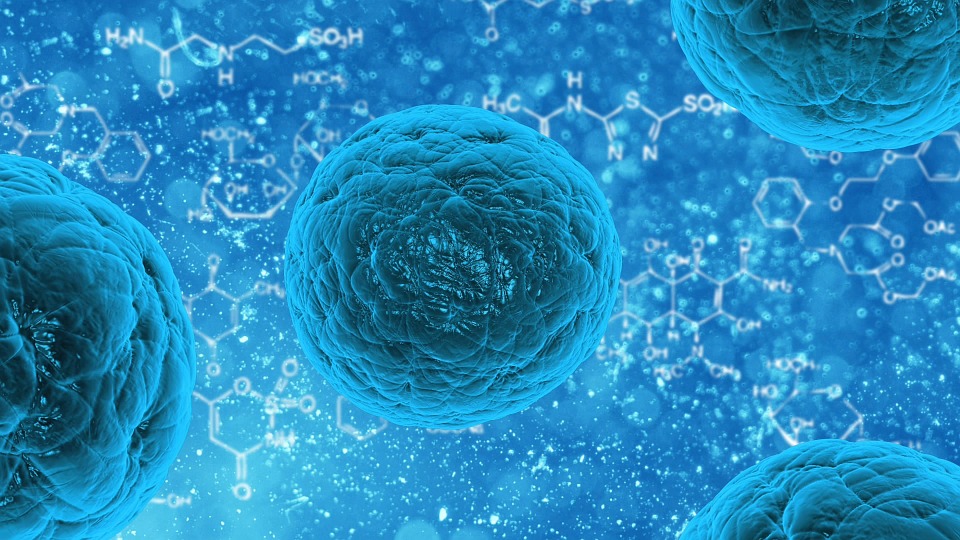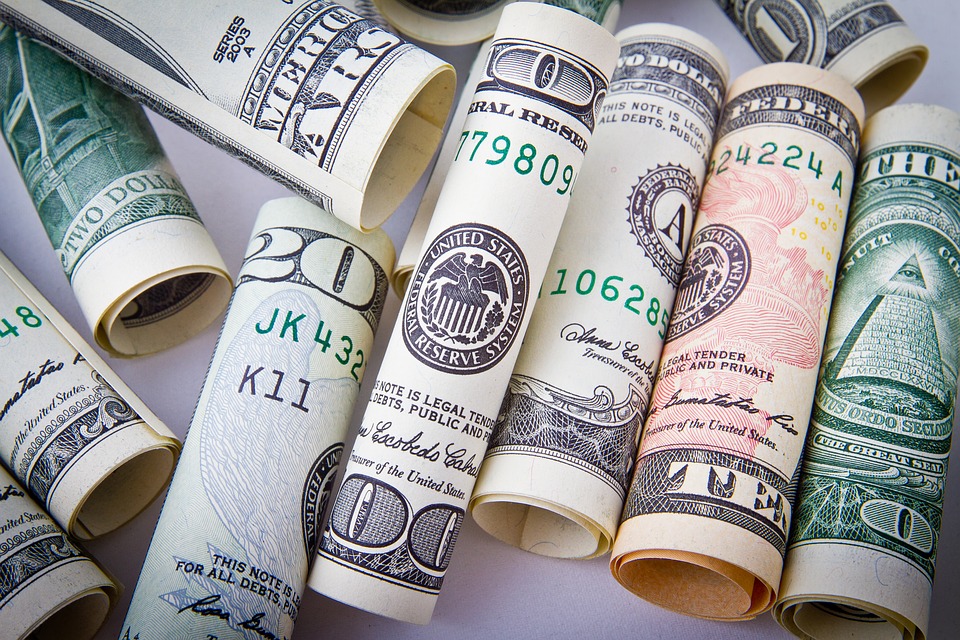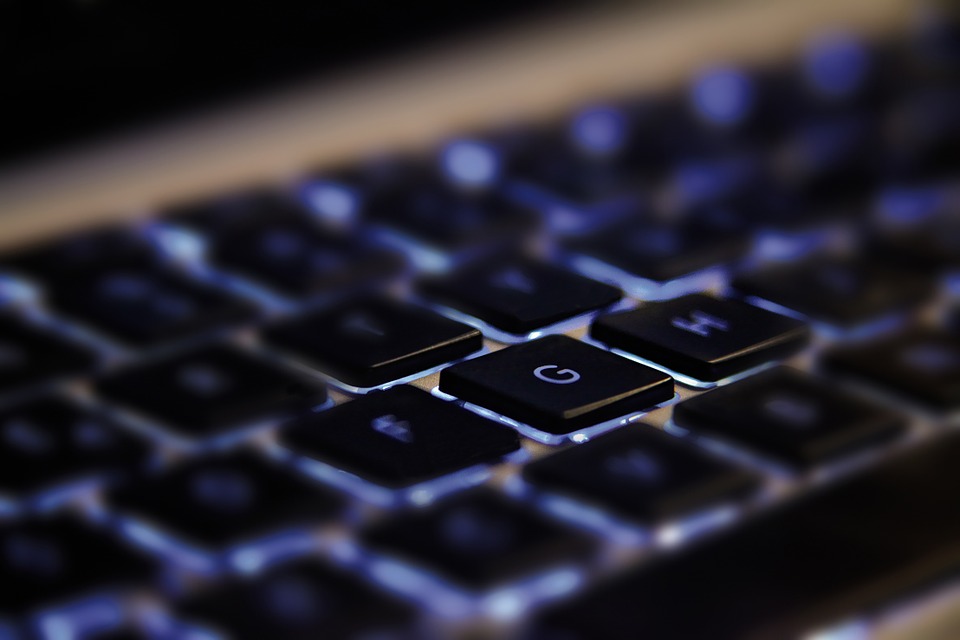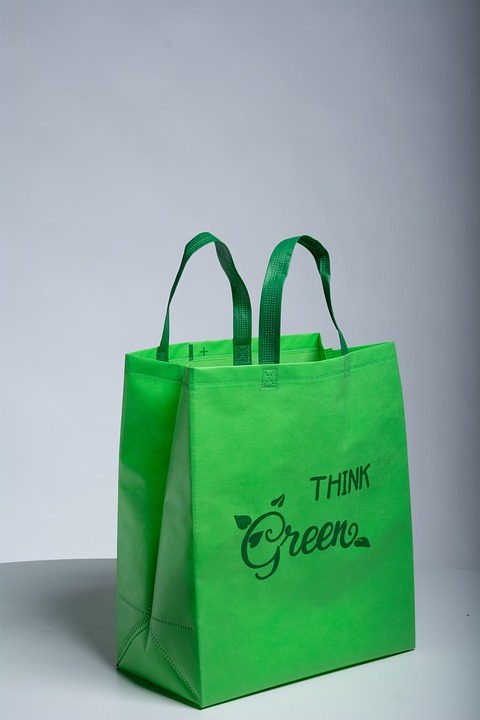Washing hands is simply the most basic and the best way to ensure that you’re clean and free from bacteria. Why? Because our hands are the dirtiest parts of our bodies—not our feet. Well, to tell you, the dirtiest things are neither the grossest nor the rarest things you can see and find everyday.

Read: Are you Washing your Hands the Right Way?
In fact, harmless objects that you hold and handle on a daily—even on an hourly basis could be as dirty or even more dirty than the things you can think of? Bacteria, germs, and viruses stick to them and it can be harmful to you and your family.
Why are these things dirty?
Some of the things in this list might stun you; they’re actually a haven for bacteria and germs. E-coli, yeast, coliform, even fungi can reside in them especially if they are not taken care of properly. They are not visible to the n***d eye, so they seem like innocent items but be mindful of them because they are the dirtiest.
Read: Ever Wondered Why Tissue is Always White?
Here are the things that might seem harmless but in fact, they are the dirtiest things you hold and touch everyday.
Money

It’s a no-brainer; money is the single dirtiest thing in the whole world according to Ranker. A study in the New York University (NYU) stated and found that approximately, 3,000 different types of germs and bacteria can be found on a single dollar bill.
These bacteria can cause different types of conditions such as antibiotic-resistant microbes, acne, and even colds. These microbes found contained microbes from the mouth, which is the main cause of acne.
Read: How Long Should You Brush Your Teeth?
In addition to that, Ranker said that there even might be a good chance that traces of cocaine can be detected in cash.
What do you need to do? Well, every single time you touch money, it’s better to wash your hands accordingly. Alternatively, you can always bring a hand sanitizer, a hand gel, even a*****l to clean your hands after holding money. Doing this can not only clean your hands and get rid of unwanted bacteria—it can make you feel refreshed, too!
Mobile phones
Our smartphones seem harmless and clean (even if you keep on smoothening the screen). But in fact, they are more blatant than the toilet. It’s true that people of our generation worship their mobile phones.
This is, in fact, the first (1st) and the last things that people touch in a day. One study found that just this year, there are in estimation 124.2 million mobile subscriptions in the whole country. This translates to the fact that there are more mobile phones than there are people in the Philippines.
Read: Excessive Gadget Use of Today’s Generation – Might Be Dangerous For Your Children
Us Filipinos have been found and known to utilize our devices for an average of ten (10) hours per day. People bring it everywhere; they bring it to the kitchen, bedrooms, the toilet, work—literally everywhere they go.
And if that’s not enough, a study found by a microbiologist in the University of Arizona, Charles Gerba, found that about 25,000 of bacteria can be found per square inch of mobile phones. This makes it more than ten (10) times dirtier that toilet seats.
What you need to do is to thoroughly clean your mobile phones—and it’s more than just wiping them with a clean cloth. You can use soft cloth soaked in a*****l with parts of water to rid your phones off of germs and bacteria; do it regularly, at least twice per day.
Keyboards

Similar to our mobile phones, keyboards get handled by different sorts of people—which make them dirtier than toilets. It’s an unavoidable thing for people and employees to bring food and snacks to their desks. When they do, different crumbs get stuck between the keys, inviting all sorts of insects and pests to it.
Read: Instantly Clean Your Burnt Pan or Pot with Two Simple Ingredients!
These pests can be a breeding haven for germs and bacteria like e-coli and different fungi. So, if you are part of the demographic who choose working in front of the computer for several hours a day, wash your hands after every use before you do anything.
You can clean keyboards by gently shaking them to let loose of trapped crumbs and particles. Even so, you can mix part a*****l or soap, to part water and clean the keys, including the part in between keys.
Toilets
We weren’t exaggerating when we said that money and smartphones are dirtier than toilets and toilet seats, but you aren’t safe from it either. In fact, in a previous article, we wrote that whenever you find yourself in public toilets, it is best not to use hand dryers because they can absorb germs and bacteria that are found in toilets.
Read: Hand Dryers Contain Fecal Bacteria, You Unkowingly Blow it All Over Your Hands
How does this happen?
Well, whenever you flush, tens of thousands of tiny microbes are thrown out into the air. These microbes happen to settle and attach themselves to your hands, clothing, even hair which can spread diseases and infections.
It’s not a joke that every single time you go to the restroom, you need to wash your hands. By this, we mean no exaggeration.
Kitchen sponges
In their very nature, sponges are used to clean things. This is part of the reason why it contributes to the dirtiest things you can find everyday—they absorb. Sponges are, in fact, the most favorite dwelling place for bacteria because they’re moist and they have a ton of holes where bacteria can hide.
Read: Do You Really Need to Replace Your Kitchen Sponge?
It is best to dispose sponges at least a week after it’s used. Alternatively, Medical Director of Respiratory Care at Mount Sinai Hospital in New York City, Dr. Neil Schachter, said that to be able to clean your sponge thoroughly, you can wet it and microwave it for at least two (2) minutes to zap away and eradicate all germs and bacteria from it.
If you are not fond of microwaving it, you can bank on cleaning your sponges with clorox and or bleach to rid it off of any germs and bacteria.
Eco-bags

Oh yes, eco-bags help the environment, but it doesn’t help your health. These reusable bags can actually expose you and your family to millions of bacteria that can cause different diseases. Eco-bags, is one of the less-obvious dirtiest things you can find everyday because it is used for all sorts of things like groceries, a regular bag, and so on.
Read: Get Rid of Trash Can Smell in 10 Seconds with This Amazing Trick
Research done at the University of Arizona revealed that the bacteria and germs found in green bags are significant to cause serious health issues especially for children. Most experts recommend using washable cloth bags; should you prefer green bags, it is important to clean the bags after every use of it to avoid it being contaminated—you can use bleach to clean them thoroughly.
How do you disinfect these everyday items?
Now that you are familiar with the dirtiest things you touch and hold everyday, you now need to disinfect them. Countertops can be cleaned with soap and water alone—that nearly is enough to disinfect them.
However, there are household items that needs thorough attention and cleaning. You can clean and disinfect these dirtiest things by creating a disinfectant mixture.
The mixture can be one (1) cup of bleach per one (1) gallon of water. It is imperative to remember that you should NEVER mix bleach with vinegar or ammonia. In fact, bleach alone is enough to disinfect the household’s “dirtiest things.”
Read: The Deadliest Diseases Known to Mankind
After you wipe it with a soft clean cloth soaked in your mixture, it’s best to leave it on for at least three (3) to five (5) minutes. Rinse it with clean water and let it air dry to save time; alternatively, you can secure yourself a clean towel and wipe the wetness off of it.
Germs and bacteria are everywhere—they make up for the perfection of life—they balance the everyday things we see. However, most germs and bacteria are neither helpful nor healthy for us and our families. This is why the dirtiest things you know are not the grossest of them all—they’re actually the things you never expected to be dirty.
Make it a habit to wash your hands regularly after everything you do; those things include working, eating, even sleeping. If you’re outside, it is always important to remember to bring with you any sort of sanitizer, a*****l, or any disinfectants to save you a trip to the loo.
